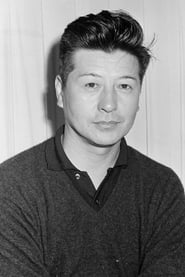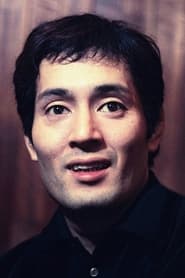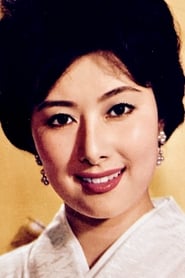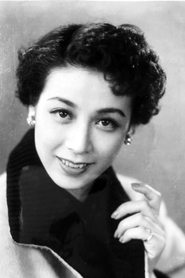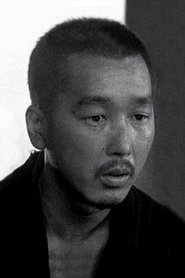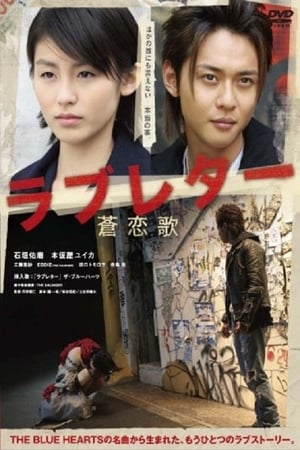
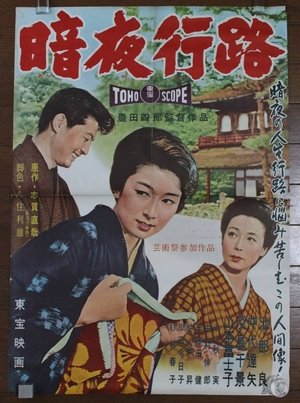
Pilgrimage at Night(1959)
Adapted by Yasumi Toshio and directed by Toyoda Shiro, this is a literary work based on a full-length novel of the same name published by Shiga Naoya of the Shirakaba School.

Movie: Pilgrimage at Night

暗夜行路
HomePage
Overview
Adapted by Yasumi Toshio and directed by Toyoda Shiro, this is a literary work based on a full-length novel of the same name published by Shiga Naoya of the Shirakaba School.
Release Date
1959-09-20
Average
0
Rating:
0.0 startsTagline
Genres
Languages:
日本語Keywords
Similar Movies
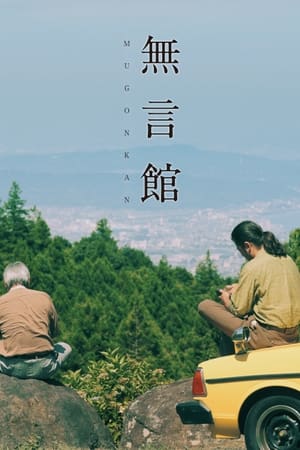 0.0
0.0Mugonkan(ja)
A story about how Kuboshima Seiichiro overcomes various difficulties to open Mugonkan, an art museum in Ueda City, Nagano Prefecture, featuring artworks by students before they were sent to fight in WWII.
 7.0
7.0Air Doll(ja)
A life-size, inflatable sex doll suddenly comes to life one day. Without her owner knowing, she goes for a walk around town and falls in love with Junichi. She starts to date Junichi and gets a job at the same store where he works. Everything seems to be going perfectly for her until something unexpected happens.
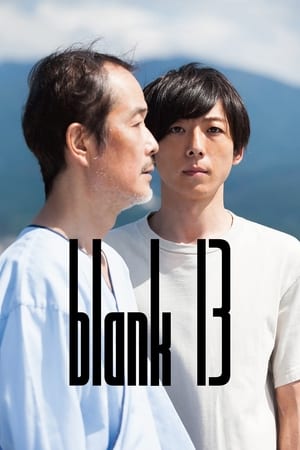 6.5
6.5blank 13(ja)
Thirteen years after abandoning his wife and two sons by stepping out for a pack of cigarettes and never returning, deadbeat gambler Masato dies of stomach cancer. At his funeral, a motley crew of fellow mahjong players, pachinko parlor employees and former drinking buddies gather to pay their respects and tell stories, revealing aspects of Masato’s life that complicate his sons’ resentment towards him.
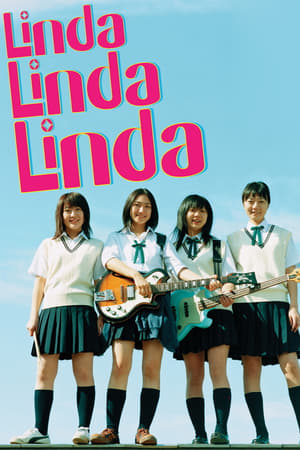 7.4
7.4Linda Linda Linda(ja)
Only three days before their high school festival, guitarist Kei, drummer Kyoko, and bassist Nozomi are forced to recruit a new lead vocalist for their band. They choose Korean exchange student Son, though her comprehension of Japanese is a bit rough! It's a race against time as the group struggles to learn three songs for the festival's rock concert—including a classic '80s song by the Japanese punk rock band The Blue Hearts called "Linda Linda".
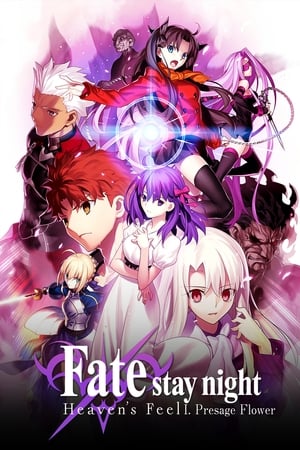 7.5
7.5Fate/stay night: Heaven's Feel I. Presage Flower(ja)
Shiro Emiya is a young magus who attends Homurahara Academy in Fuyuki City. One day after cleaning the Archery Dojo in his school, he catches a glimpse of a fight between superhuman beings, and he gets involved in the Holy Grail War, a ritual where magi called Masters fight each other with their Servants to win the Holy Grail. Shiro joins the battle to stop an evildoer from winning the Grail and to save innocent people, but everything goes wrong when a mysterious "Shadow" begins to indiscriminately kill people in Fuyuki...
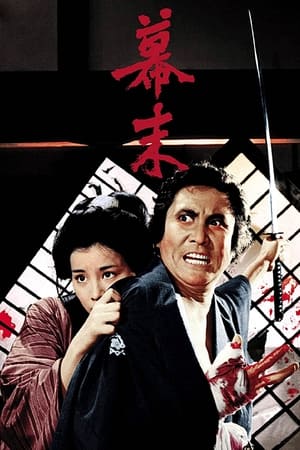 7.2
7.2The Ambitious(ja)
The story of Ryoma Sakamoto, considered to be the architect behind the downfall of the Tokugawa shogunate. He was considered an outlaw by his own clan, hunted by his government, and was despised by supporters of the Shogun as well as the Loyalists for desiring the opening of Japan to the West in order to learn its technology, in the hopes of one day defeating the West with a modern army and navy.
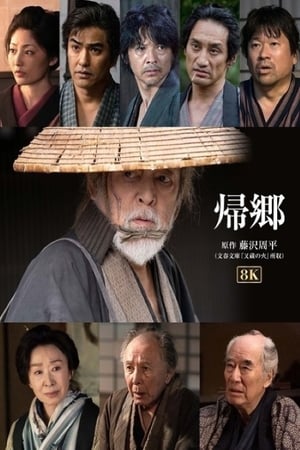 8.0
8.0The Return(ja)
Tatsuya Nakadai, the world’s greatest living actor, returns to the screen in a brilliant adaptation of a story by novelist Shuhei Fujisawa. A traveling gambler known as “Funeral Uno” he is now 86 years old and returning to his hometown for the first time in 30 years. Partly told in flashbacks, he is forced to face his lifelong nemesis, Boss Kyuzo, a vile yakuza portrayed by another superstar of samurai cinema, Atsuo Nakamura! Before the two old gamblers can settle a 30-year-old score they must put their lives on the line in a game of dice that can only lead to a bloody sword duel the likes of which has never before been seen! Superb performances all around in a film loaded with surprises and exciting swordplay!
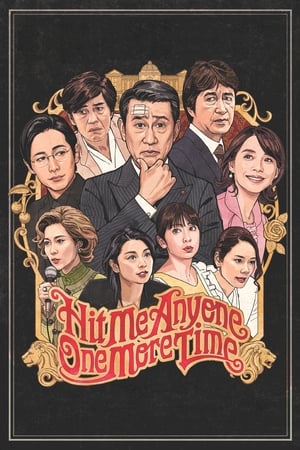 6.9
6.9Hit Me Anyone One More Time(ja)
Keisuke Kuroda wakes up in a hospital bed unable to remember who he is. While sneaking out of the hospital, he sees a glimpse of the news and realizes that he is the Prime Minister of Japan. His approval rating was the lowest in the history of modern Japan. During a recent speech, a citizen had thrown a rock at him causing him to lose his memory. Keisuke Kuroda’s subordinate takes him to the official residence of the prime minister where he tries to implement changes to the country. The only people aware that he has lost his memory are his three secretaries.
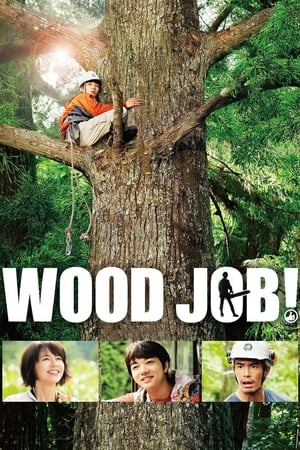 7.4
7.4Wood Job!(ja)
After failing his university entrance exam, Yuki Hirano sets his eyes on the role of a forestry trainee. Setting off for training he doubts his decision many times, but eventually after passing the training course, he is sent to Kamusari Village for a year of work experience - where he becomes assimilated with the beauty of nature and the warm-hearted people of the village.
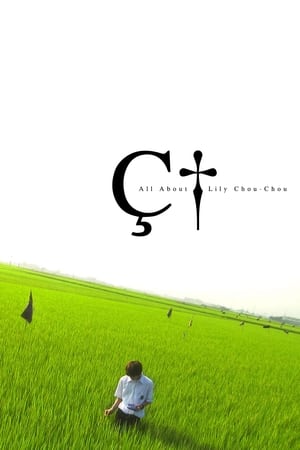 7.4
7.4All About Lily Chou-Chou(ja)
Charts the troubled teenage years of students Yūichi Hasumi and Shūsuke Hoshino, exploring the shifting and complex power dynamics of their relationship against the backdrop of Yūichi's love for the dreamy and abstract music of pop star Lily Chou-Chou.
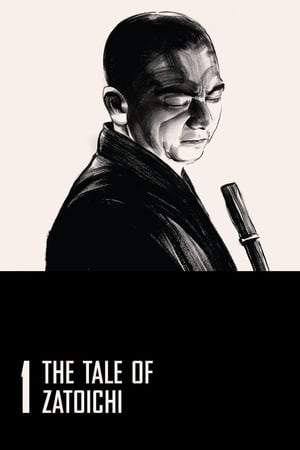 7.3
7.3The Tale of Zatoichi(ja)
The adventures of a blind, gambling masseur and master swordsman. Zatoichi targets a yakuza-controlled village, because war with a neighbouring town's smaller gang is brewing.
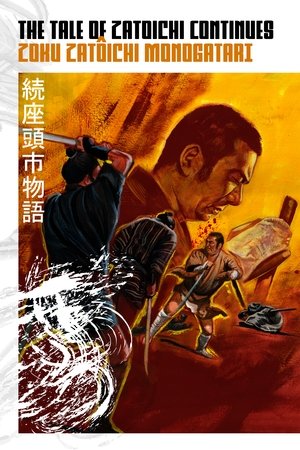 7.0
7.0The Tale of Zatoichi Continues(ja)
Returning to the village where a year before he had killed Hirate, a much-admired opponent, Zatoichi encounters another swordsman and former rival in love.
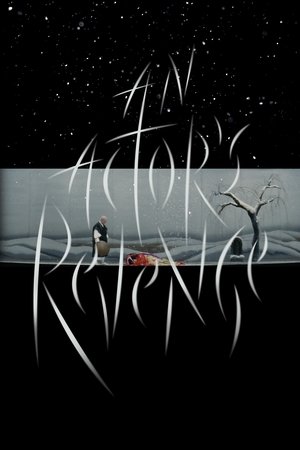 6.6
6.6An Actor's Revenge(ja)
In Edo Japan, a kabuki actor seeks revenge against the three men who drove his parents to their deaths years ago.
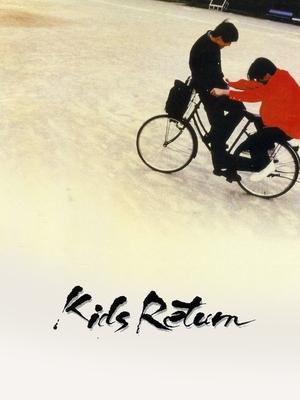 6.9
6.9Kids Return(ja)
Shinji and Masaru spend most of their school days harassing fellow classmates and playing pranks. They drop out and Shinji becomes a small-time boxer, while Masaru joins up with a local yakuza gang. However, the world is a tough place.
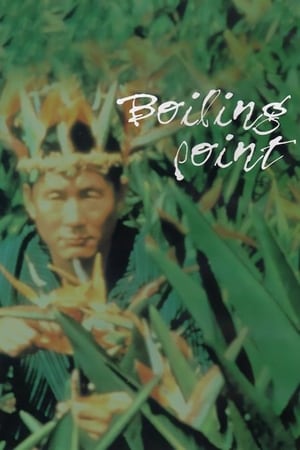 6.9
6.9Boiling Point(ja)
Masaki, a baseball player and gas-station attendant, gets into trouble with the local Yakuza and goes to Okinawa to get a gun to defend himself. There he meets Uehara, a tough gangster, who is in serious debt to the yakuza and planning revenge.
Zōho kaitei Chūshingura(ja)
The legendary tale of the forty-seven samurai and their mission to avenge the death of their master.
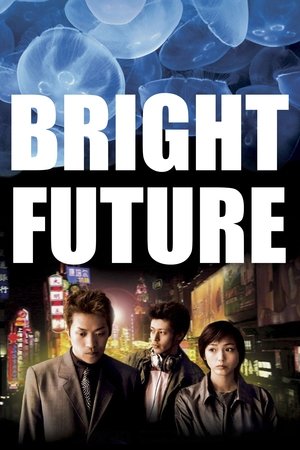 6.8
6.8Bright Future(ja)
Two friends who work together at a Tokyo laundry are increasingly alienated from everyday life. They become fascinated with a deadly jellyfish.
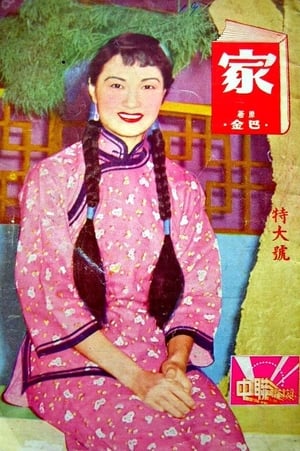 0.0
0.0Family(cn)
"Family" (1953), which launched the Union Film legacy, "Spring" (1953) and "Autumn" (1954) are adaptations of Ba Jin's highly regarded novel "Torrent Trilogy". In "Family", director Ng Wui skilfully condenses the voluminous first part of the novel into an emotionally powerful and intellectually focused story of youngsters struggling to survive oppression and repression in a feudalistic family. This well-received film quickly established the company's reputation.
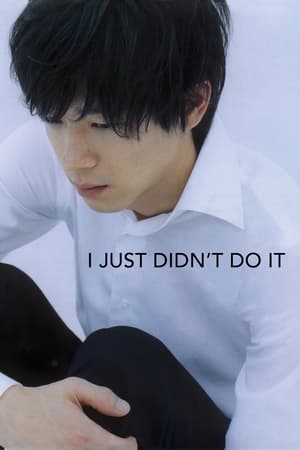 7.3
7.3I Just Didn't Do It(ja)
A young man is falsely accused of molesting a high-school girl on a train. He is arrested and charged, and goes through endless court sessions, all the while insisting that he is innocent.
